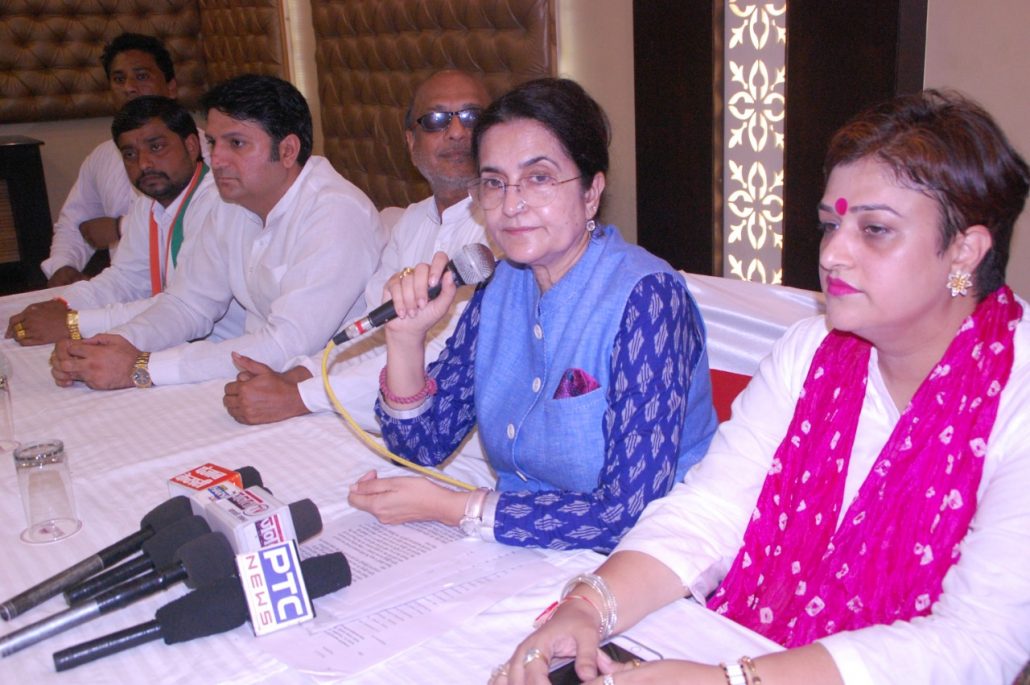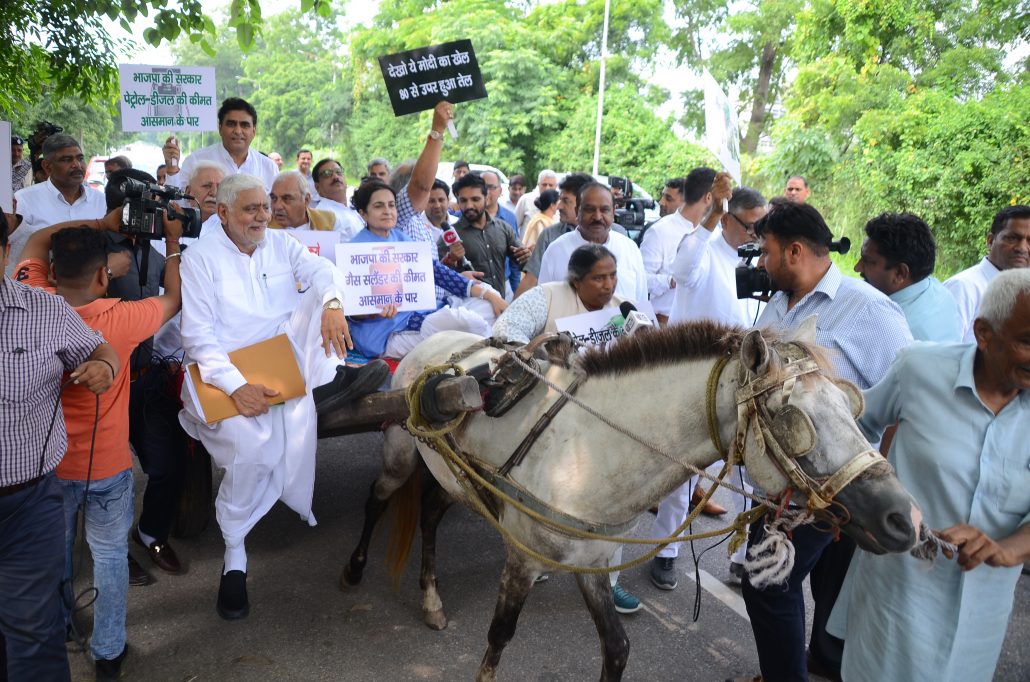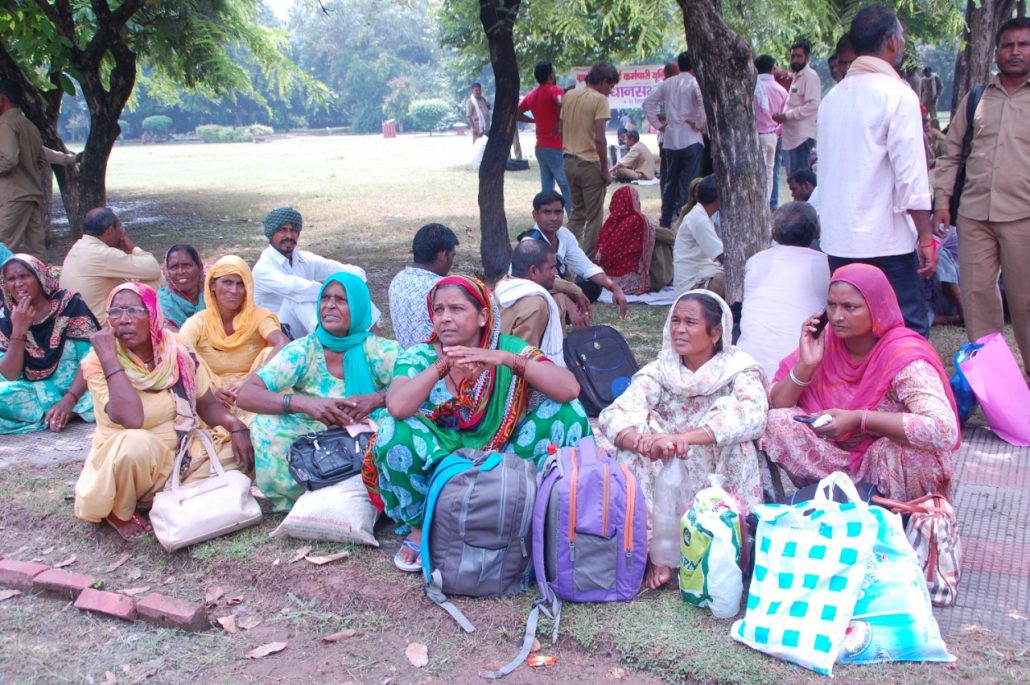
State Congress CLP leader, MLA from Tosham Constituency said that there is no Chief Minister face in the party till date. While responding to media persons regarding her being in the same races she did not deny her stake. At the same time she ruled out any polarisation in the party. She said that all the party leaders are conveying the party policies to the masses in their respective areas and ways.
While criticising the anti masses policies of BJP, Kiran said that the prices of petrol and other products varies according to the local government policies which imposes taxes on fuels. as and when the Govt. of India raises tax rates on fuels the oil companies in India also increase the price of petrol to recover losses and maintain marginal profits in the oil business in India. The fear linked to the rise of petrol prices in India are never ending. Do we blame crude oil for these steep price hike? Or is the root cause something different? The answer lies in the fact that while crude oil continues to remain cheaper, the taxes levied by the State and Central Govts. which are actually for the ever rising petrol prices. Since May, 2014, there has been successive increase in the excise duty. Data reveals that as of November, 2014, there has been a 54% increase in the excise duty on petrol.

Daily prices revision of petrol has begun 16th june this year. It has been observed that the price rise has happened gradually. As petrol does not fall under GST, the price of it varies across States. However, when considering the cost and freight prices alongwith the excise duty, dealer commission, applicable VAT etc., it has been found that the taxes on petrol sums up to be more than its actual cost. Although, presently crude oil has become much cheaper compared to what it had been way back in 2014, it is that collective taxes levied by the State and the Central Govts., that has caused the petrol price to rise to what it had been in 2014, the highest till date. despite promises from the Govt. regarding rolling back the taxes, the prices of petroleum products have increased many folds.

Relentless rise in prices of petrol and diesel is not inevitable because the price is built up by excessive taxes on petrol and diesel. If taxes are cut, prices will decline significantly. Rising oil prices have direct bearing in India’s inflation and fiscal indicators in the Indian Economy.
To give relief to common people the petrol and diesel should be brought within the ambit of GST and also reduce state VAT and Central Excise and taxes on fuel so that petrol diesel prices are reduce by Rs. 10/15 per liter.



